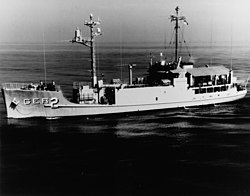| << | January 1968 | >> | ||||
|---|---|---|---|---|---|---|
| Su | Mo | Tu | We | Th | Fr | Sa |
| 1 | 2 | 3 | 4 | 5 | 6 | |
| 7 | 8 | 9 | 10 | 11 | 12 | 13 |
| 14 | 15 | 16 | 17 | 18 | 19 | 20 |
| 21 | 22 | 23 | 24 | 25 | 26 | 27 |
| 28 | 29 | 30 | 31 | |||

The following events occurred in January 1968:
Contents
- January 1, 1968 (Monday)
- January 2, 1968 (Tuesday)
- January 3, 1968 (Wednesday)
- January 4, 1968 (Thursday)
- January 5, 1968 (Friday)
- January 6, 1968 (Saturday)
- January 7, 1968 (Sunday)
- January 8, 1968 (Monday)
- January 9, 1968 (Tuesday)
- January 10, 1968 (Wednesday)
- January 11, 1968 (Thursday)
- January 12, 1968 (Friday)
- January 13, 1968 (Saturday)
- January 14, 1968 (Sunday)
- January 15, 1968 (Monday)
- January 16, 1968 (Tuesday)
- January 17, 1968 (Wednesday)
- January 18, 1968 (Thursday)
- January 19, 1968 (Friday)
- January 20, 1968 (Saturday)
- January 21, 1968 (Sunday)
- January 22, 1968 (Monday)
- January 23, 1968 (Tuesday)
- January 24, 1968 (Wednesday)
- January 25, 1968 (Thursday)
- January 26, 1968 (Friday)
- January 27, 1968 (Saturday)
- January 28, 1968 (Sunday)
- January 29, 1968 (Monday)
- January 30, 1968 (Tuesday)
- January 31, 1968 (Wednesday)
- References





